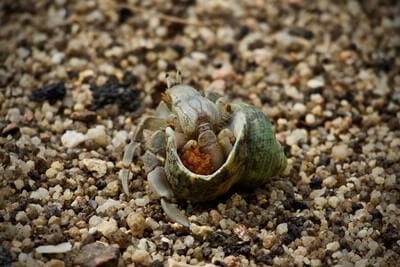Is It Normal For Dogs To Lose Weight After Surgery? Exploring Post-Operative Changes
Why Is My Pet Losing Weight?: Vlog 96
Keywords searched by users: Is it normal for dogs to lose weight after surgery what to feed dog after surgery, homemade dog food after surgery, dog not eating 2 weeks after surgery, dog not eating 5 days after surgery, dog not eating 3 days after surgery, dog won’t eat a week after surgery, dog not eating 4 days after surgery, dog not eating 2 days after surgery
Why Is My Dog Losing Weight After Surgery?
Understanding why your dog might experience weight loss following surgery is essential for their well-being. Several factors can contribute to a decreased appetite in dogs post-surgery. One primary factor is the potential side effects of prescribed medications, which can affect their desire to eat. Additionally, the stress and discomfort that often accompany surgical procedures can lead to a loss of appetite. Furthermore, complications or infections at the surgical site can cause pain and discomfort, further discouraging your dog from eating. It’s important to note that anesthesia, administered during surgery, can also play a role in your dog’s reduced appetite. Therefore, a combination of these factors, including medication side effects, stress, surgical site complications, and the effects of anesthesia, can collectively contribute to your dog’s weight loss after surgery. It’s crucial to monitor your pet’s recovery closely and consult with your veterinarian to address any concerns and ensure their swift return to health.
How Can I Get My Dog To Gain Weight After Surgery?
Helping your dog gain weight after surgery requires a well-balanced diet that emphasizes both high-quality fats and easily digestible protein. After surgery, dogs need extra energy to support their recovery process, which is why a high-fat diet is often suggested. Fat is an energy-dense nutrient that can help your dog regain strength and vitality. However, it’s crucial to ensure that the protein in their diet is of high quality and easily absorbable by their body. Protein is essential for muscle repair and overall health in dogs, serving as a valuable energy source. Therefore, it’s recommended to feed your post-surgery pup food that contains both nutritious fats and quality protein sources to facilitate a smooth and effective recovery. Please note that the information was last updated on September 20, 2018, and newer recommendations may also be available.
Aggregate 33 Is it normal for dogs to lose weight after surgery
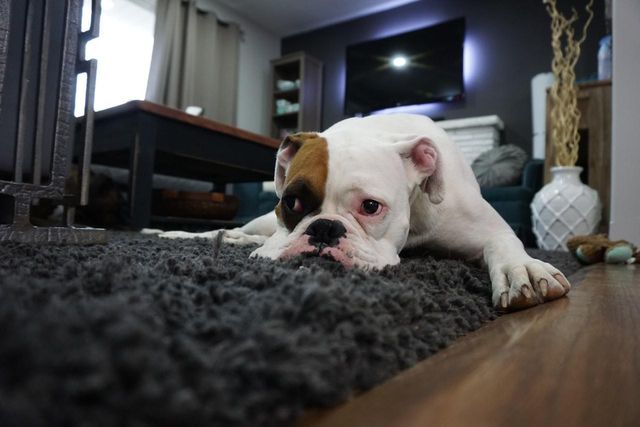
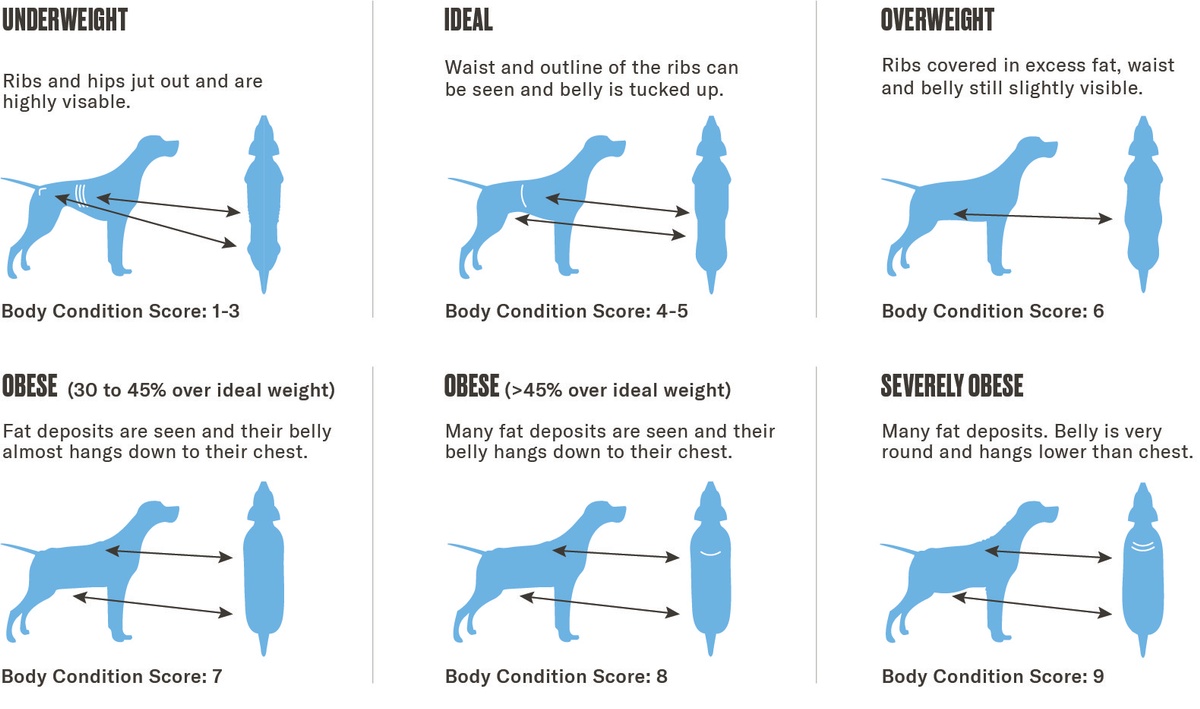
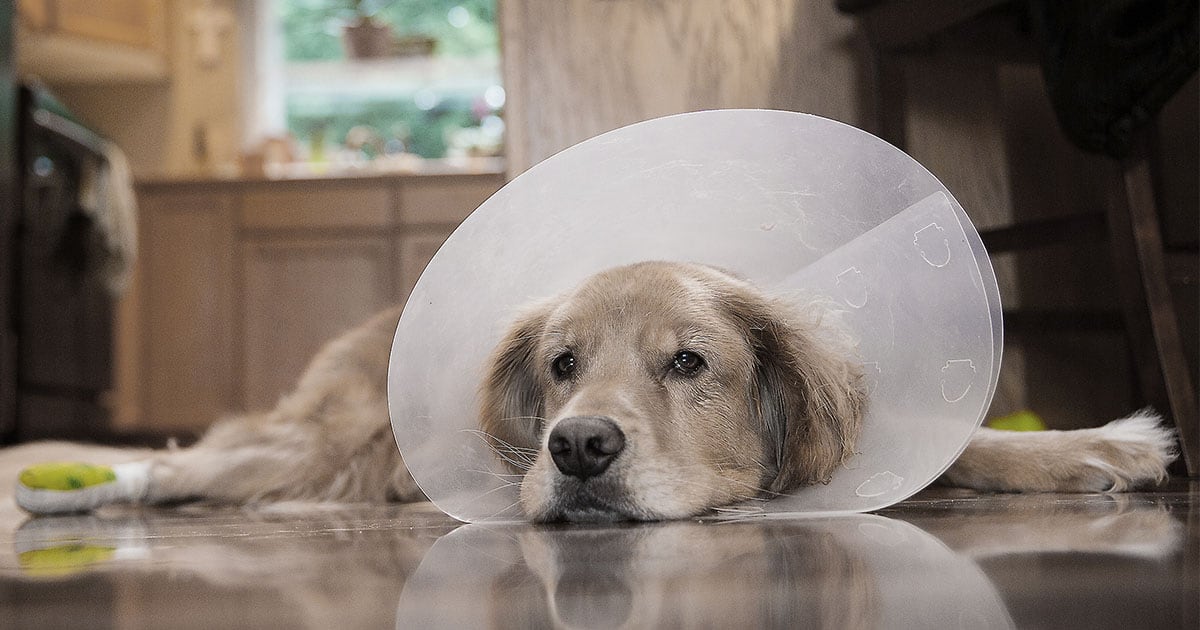
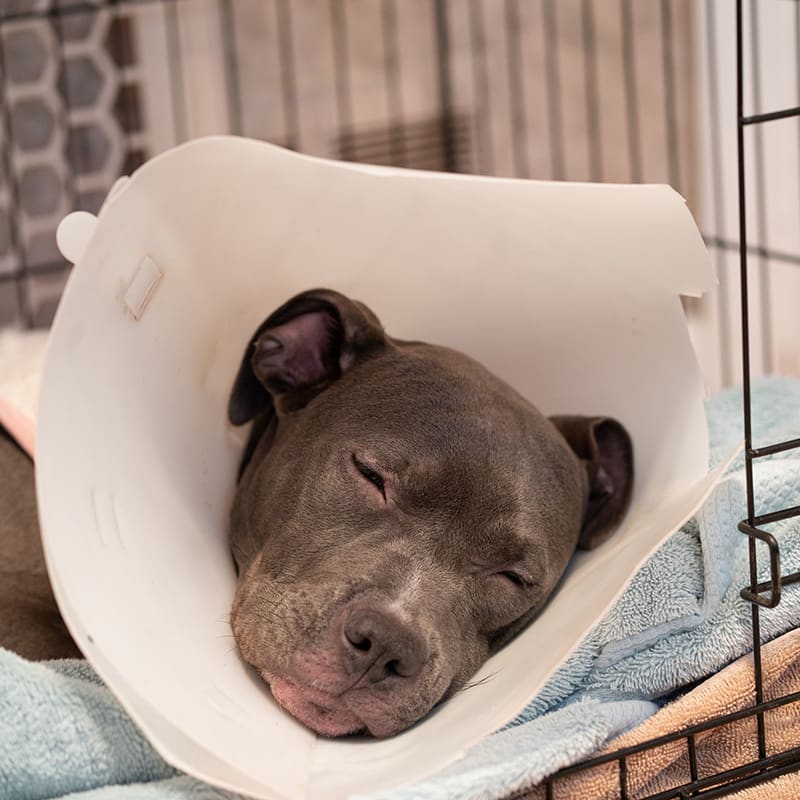


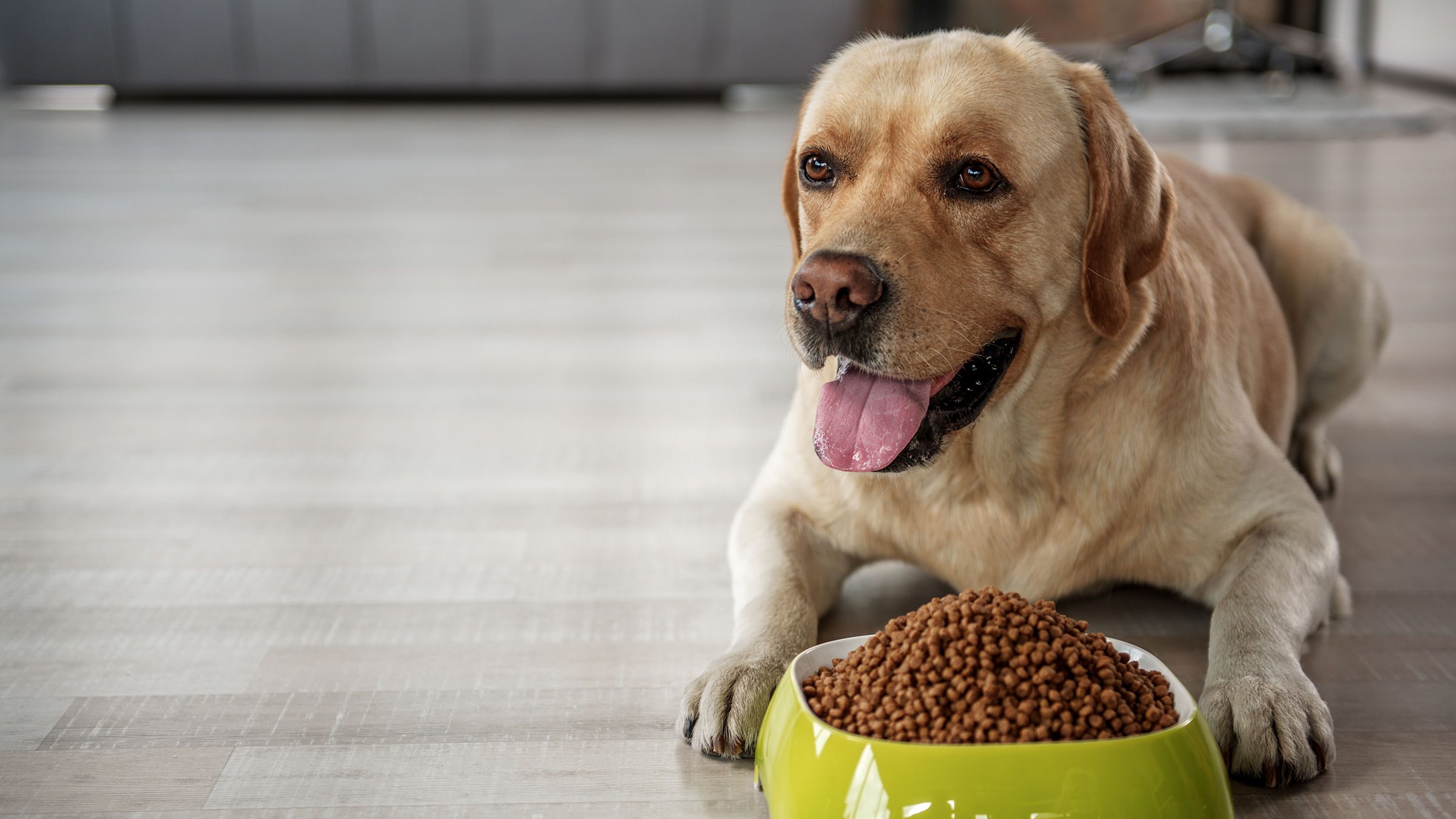
Categories: Found 98 Is It Normal For Dogs To Lose Weight After Surgery
See more here: b1.brokengroundgame.com

Decreased appetite and weight loss are common side effects of both surgery and medication, and they can work against your dog’s recovery.There are numerous reasons why your dog has a reduced appetite after undergoing surgery. This loss of appetite can be due to the side effects of medication, stress after the procedure, or complications or infection of the surgical site. Other causes of pain can be due to the following: Anesthesia.A high-fat diet is often recommended for dogs recovering from surgery as it’s an energy-dense food. Protein is an essential nutrient for dogs, and also an important source of energy. Their food should provide them with highly digestible protein from quality sources that is easily absorbed into their body.
Learn more about the topic Is it normal for dogs to lose weight after surgery.
- Dog Won’t Eat After Surgery? How & What to Feed a Dog
- Why Won’t My Dog Eat After Surgery? – TPLOInfo
- How to help your dog gain weight – Royal Canin
- Why Is My Dog Losing Weight? – Parkway Veterinary Emergency Clinic
- The Problem of Appetite Loss After Major Abdominal Surgery – PMC
- My Dog Doesn’t Want to Eat After Surgery: What Do I Do? – Lick Sleeve
See more: https://b1.brokengroundgame.com/media/
